Antimicrobial Pharmacology
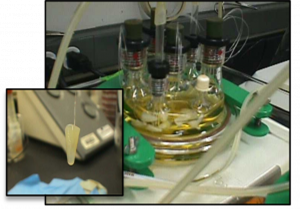
Our in-vitro pharmacology research program advances therapy through identifying pharmacodynamic dosing indexes of antimicrobial therapy to optimize activity and prevent resistance development. It is of critical importance to understand the role of drug therapy on bacterial virulence factors such as toxin and biofilm formation. We aim to help close the knowledge gap by identifying novel strategies to combat these virulence factors. Our research has led to new dosing regimens for patients with severe infections. And it is Dr. LaPlante’s mission to further improve patient care by maximizing activity of antibiotic regimens to treat severe infections and prevent patient suffering. She collaborates with an exceptional team of colleagues with leading expertise in biomedical engineering, microscopy, chemistry, and pharmaceutics.
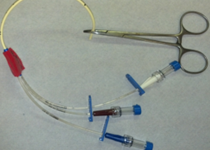
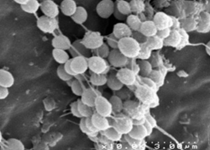
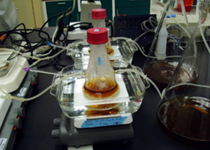
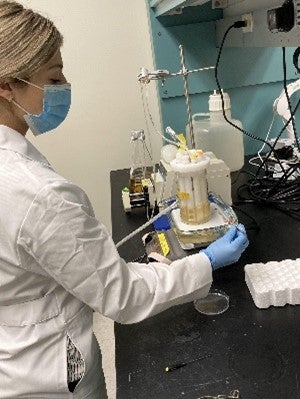
Dr. LaPlante’s maintains an extensive collection of several bacteria species including: Methicillin-resistant Staphylococcus aureus, Extended spectrum β-lactamases, Hetero-resistant vancomycin intermediate Staphylococcus aureus, vancomycin-resistant enterococci, Klebsiella pneumoniae carbapenemases, and carbapenem-resistant Acinetobacter baumannii. Combining a clinical and scientific career, her laboratory simulates human drug concentrations in multiple infection models (catheter locks, biofilm models etc.) to study the impact of therapy, and virulence on the activity and prevention of drug-resistant bacteria. Additionally, she investigates synergistic activity of adjunctive therapies or last line antibiotics in combination with commonly used antibiotics to help discover novel treatments pathways and prevent resistance rates.
Research gate publication List